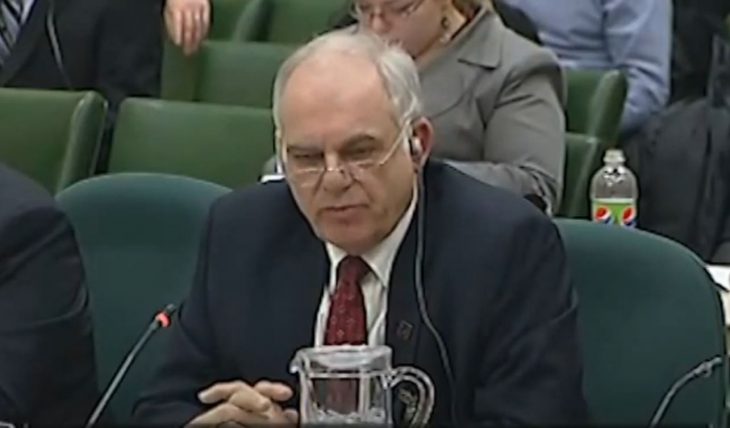
By Konrad von Finckenstein, former chair of the CRTC
The Senate will review Bill C-18, the Online News Act, next week. Hopefully it will be a thorough review and improve this very deficient bill. Its constitutionality is doubtful, it is unclear what will be the subject matter of the mandated negotiation, and its implementation will be problematic. One can only hope that the Senate can remedy some of these issues.
However, in addition, there is one glaring legal mistake that requires fixing. Section 36 of the bill passed by the House of Commons now reads as follows:
36. The Commission may, at the request of an arbitration panel, provide administrative and technical assistance to the panel and may, on any terms that the Commission considers necessary, disclose to the panel any confidential information in the Commission’s possession that, in the Commission’s opinion, is necessary for a balanced and informed decision-making process, on the condition that the Commission ensures that the arbitration panel or each individual arbitrator that presides over the final offer arbitration, do not further disclose any such confidential information and under any further terms that the Commission considers necessary. (Underlined portion added during Committee hearing.)
It is completely unclear what confidential information the drafters had in mind. But whatever that information may be, the process as passed by the House of Commons cannot stand. Arbitrator(s) are expected to make a decision based on facts and submissions presented by the opposing parties. They are expected to make their decision on an objective determination of facts and an objective evaluation of arguments.
Receiving information from the CRTC confidentially but withholding it from the parties to the arbitration, with a view to using the information to make decisions, violates the most basic notions of due process and natural justice. It will necessarily raise questions as to the ability of the arbitrator(s) to come to the balanced and informed decision that the section aims to achieve.
The Senate is well advised to either delete the underlined portion above or establish a process whereby at least the counsel for each side are, under strict confidentiality restrictions, acquainted with confidential information and can make confidential submissions about it to the arbitrator prior to final decision.
Cartt accepts commentary from informed observers of the telecommunications and broadcasting industry. The views reflected in these pieces do not necessarily reflect the views of Cartt. Pieces for consideration should be sent to editorial@cartt.ca.


